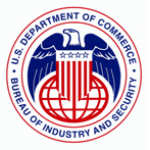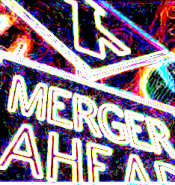
ABOVE: Everjet HQ, allegedly
According to a Department of Justice press release, a federal grand jury indicted a California man and two of his companies — Fushine Technology, Inc., a California corporation, and Everjet Science and Technology Company, which is based in the PRC — for unlicensed exports of controlled microwave equipment to China.
Export prosecutions require proof that the defendant understood that the exports in question were illegal. Since there is often little dispute as to whether the exported item required a license or that a license was not obtained, this makes this scienter element the most important and interesting element of each case. Here the press release contains allegations that, if true, might go a long way towards showing the scienter element:
The indictment further alleges that the defendants knew about the licensing restrictions and specifically sought to circumvent them. The indictment quotes from an internal company e-mail in which an Everjet employee told a Fushine employee, “Since these products are a little bit sensitive, in case the maker ask you where the location of the end user is, please do not mention it is in China.†The indictment also quotes from another e-mail in which Lu advises a subordinate to pretend that the intended end-user for an item is in Singapore rather than China.
It seems to me that recent press releases, instead of merely focusing on the allegedly grave impact of the particular export on national security, have begun to provide much more information revealing the prosecution’s case for its claims that the exporter knew the export was illegal. And often the case revolves around emails sent to and from the exporter. Back in the days when exporters and their foreign customers communicated mostly by telex finding such proof was no doubt more difficult. But now the evidence may come, as allegedly it did in this case, wrapped up in a little gift package with a nice decorative bow on top and a subject line reading “Don’t tell anybody this chip is going to China.”

 Posted by
Posted by  Category:
Category: 

 Not too long ago when I
Not too long ago when I  According to
According to  A
A  Yesterday the Bureau of Industry and Security (“BIS”) released four settlement agreements arising out of a scheme by a large Taiwanese company to use its U.S. subsidiary to export products (mostly chemicals, metals and electronic components) on the Commerce Control List without the required export licenses. The parent company, with an improbably soothing name for a distributor of toxic chemcals,
Yesterday the Bureau of Industry and Security (“BIS”) released four settlement agreements arising out of a scheme by a large Taiwanese company to use its U.S. subsidiary to export products (mostly chemicals, metals and electronic components) on the Commerce Control List without the required export licenses. The parent company, with an improbably soothing name for a distributor of toxic chemcals, 

